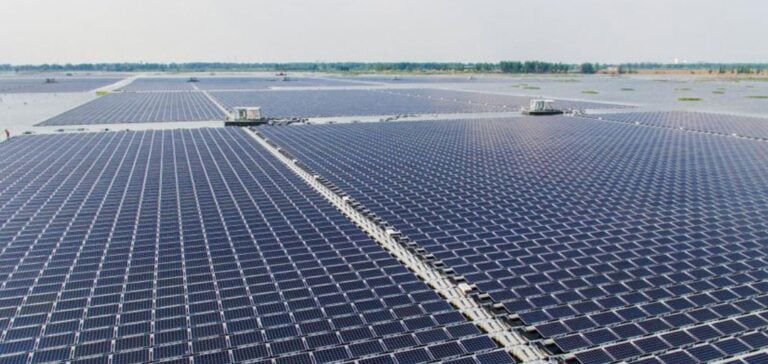China’s carbon market faces coordination challenges between different government agencies, notably concerning the dual certification of certain projects. Zhang Xin, Chief Economist at the National Center for Climate Change Strategy and International Cooperation (NCSC), recently stressed the importance of resolving these issues to maintain the integrity of the China Certified Emission Reduction (CCER) market and Chinese investment in renewable energy.
Problems with Dual Certification
Developers of solar thermal and offshore wind projects can currently obtain carbon credits from the CCER market while receiving renewable energy certificates (GECs) from the national green certificate market. This situation allows developers to make double claims for economic incentives, raising concerns about market integrity. Participants in the GEC and CCER markets, as well as international organizations, have expressed similar concerns. However, this is the first time that a Chinese government official has explicitly highlighted this problem and called for coordination to resolve it.
Importance of Market Integrity CCER
Zhang stressed that the integrity of the CCER market is crucial to China’s participation in global carbon pricing. At COP28, some European Union officials suggested that China’s carbon policies were still flawed. To be certified as CCERs, emissions reductions must be “additional”, i.e. they can only be achieved with the incentive provided by the carbon market. Solving this problem is also crucial if CCERs are to meet the requirements of the Carbon Offsetting and Reduction Scheme for International Aviation (CORSIA), an emissions regulation scheme under the aegis of the International Civil Aviation Organization (ICAO).
Integration of CCER and GEC markets
This double-claim problem has also triggered integrity concerns in the international renewable energy certificate markets. For example, RE100, an industry group of over 400 companies aiming to use 100% renewable electricity by 2050, has asked its members using GECs to submit additional evidence that the projects behind the GECs will not require CCER certifications. Zhang also called on the National Energy Administration (NEA) to improve its own GEC system. Any renewable project participating in the CCER market should be frozen and then cancelled from NEA’s GEC platform.
Towards enhanced coordination
To ensure that all environmental markets in China operate seriously and fairly, it is necessary for the carbon market, the GEC market and the electricity market to connect their databases and enable transparent information sharing. Carbon credits eligible for CORSIA were valued at $11.75/mtCO2e on June 4, while the CCER price was 96 Yuan/mtCO2e ($13.25/mtCO2e), according to data from Beijing Green Exchange. The integrity of the CCER market is crucial to China’s credibility on the global carbon pricing stage. Better coordination between government agencies and the establishment of transparent mechanisms are essential to guarantee the efficiency and reliability of China’s environmental markets.





















